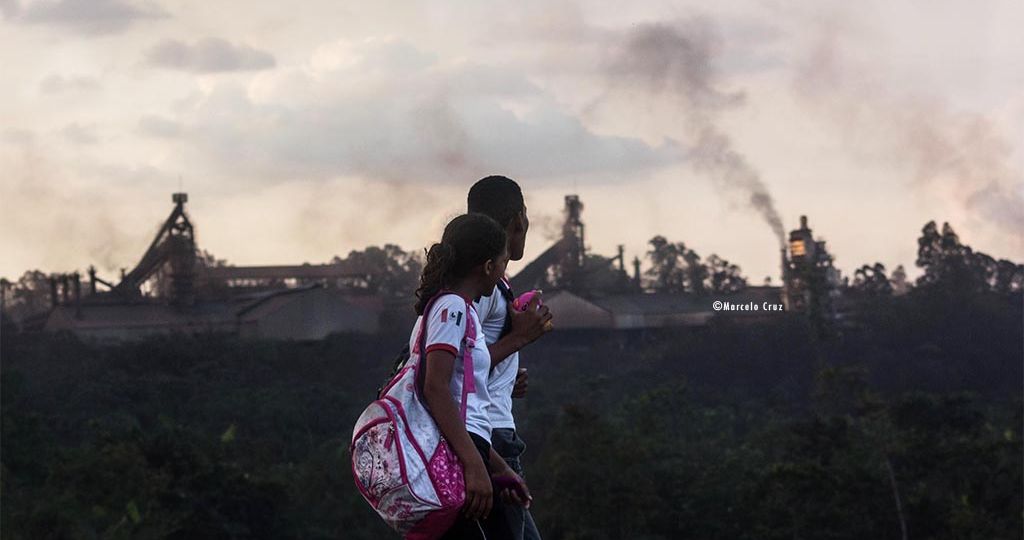
22. The situation of the communities in Piquiá de Baixo is a clear violation of rights to life, health, information, and many others. At the same time, this case reveals an incredible story of a community’s cohesion and resilience in fighting for their rights.
73. The communities in Piquiá de Baixo suffered from a lack of independent information. 133 The information presented by the companies to the Governments and the public remarkably shows no air quality exceedances, despite clear evidence of pollution and health impacts among the community.
84. Whether for illnesses arising from chronic exposure to toxic substances with some level of scientific uncertainty, or the remediation processes, Brazil faces challenges in upholding its obligations to ensure that victims of toxic exposure realise their right to access to justice. For example, the people of Piquiá de Baixo continue to suffer from the 1970s to date, with uncertainty as to if and when their promised remedy will finally materialize.
86. An effective remedy includes access to healthcare. While the Unified Health System enables such access, challenges exist. Healthcare service provision in rural areas, acknowledging efforts including AMBIU ambulances, still is lacking. Various examples exist including in the oil and gas industry, where there is a lack of regard for healthcare provision as part of accountability and reparations for victims. For example, in Piquiá de Baixo, community members reported that when children are taken to a health centre, insufficient diagnoses carried out, and general medication given for cases suspected to be air pollution impacts. Heightened vulnerability of the community members including chronic respiratory diseases places them in a situation of particular concern of susceptibility to COVID19. Moreover, mental health needs remain unsatisfactorily addressed among community members who suffered the intense trauma of the Brumadinho and Mariana disasters.
91. Companies responsible for the blatant disregard of the Piquiá de Baixo community’s dignity and right to life and health, made insufficient effort to provide any remedy for over 30 years until civil society and the local community heroically raised international awareness. Neither resettlement nor mitigation measures, among other elements were implemented by the companies. Vale has a responsibility to remedy the harms inflicted on the community although it does not own the steel production facilities. The absence of Government involvement for decades was notable in this ongoing violation of human rights.
RECOMMENDATIONS:
Improve accountability, access to justice and an effective remedy for victims by: Ensuring in coordination with Vale and other companies implicated the necessary resources are made available for the Piquiá de Baixo community’s resettlement, and formal issuance of an apology by the Government, Vale and other companies;
The Special Rapporteur recommends that businesses:
Engage in efforts towards ensuring access to justice, including adhering to legislative and judicial provisions concerning providing remediation. Specific recommendations in this regard include an urge for Samarco and the Renova Foundation to facilitate release of pertinent information to the public concerning research activities and their health and environmental impacts; and for Vale and related companies to cooperate with judicial authorities in remediation processes for the Brumadinho disaster, as well as the Piquiá de Baixo case.









